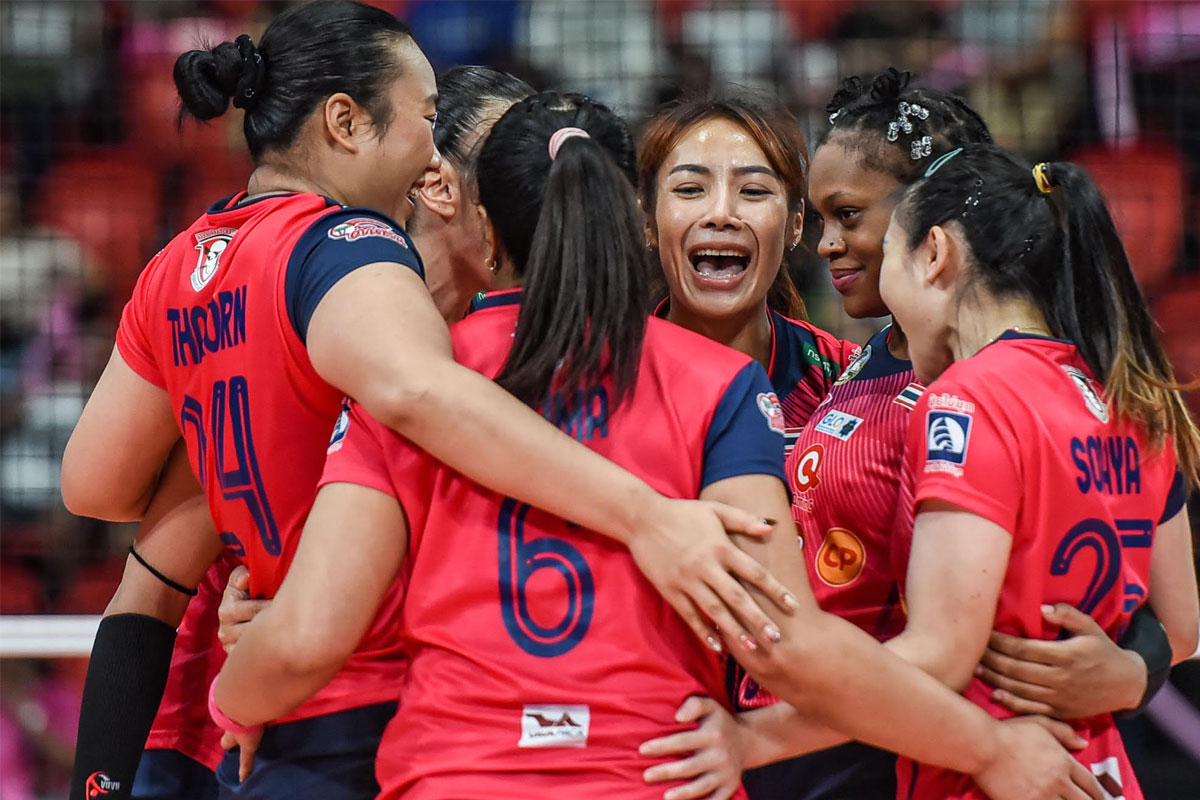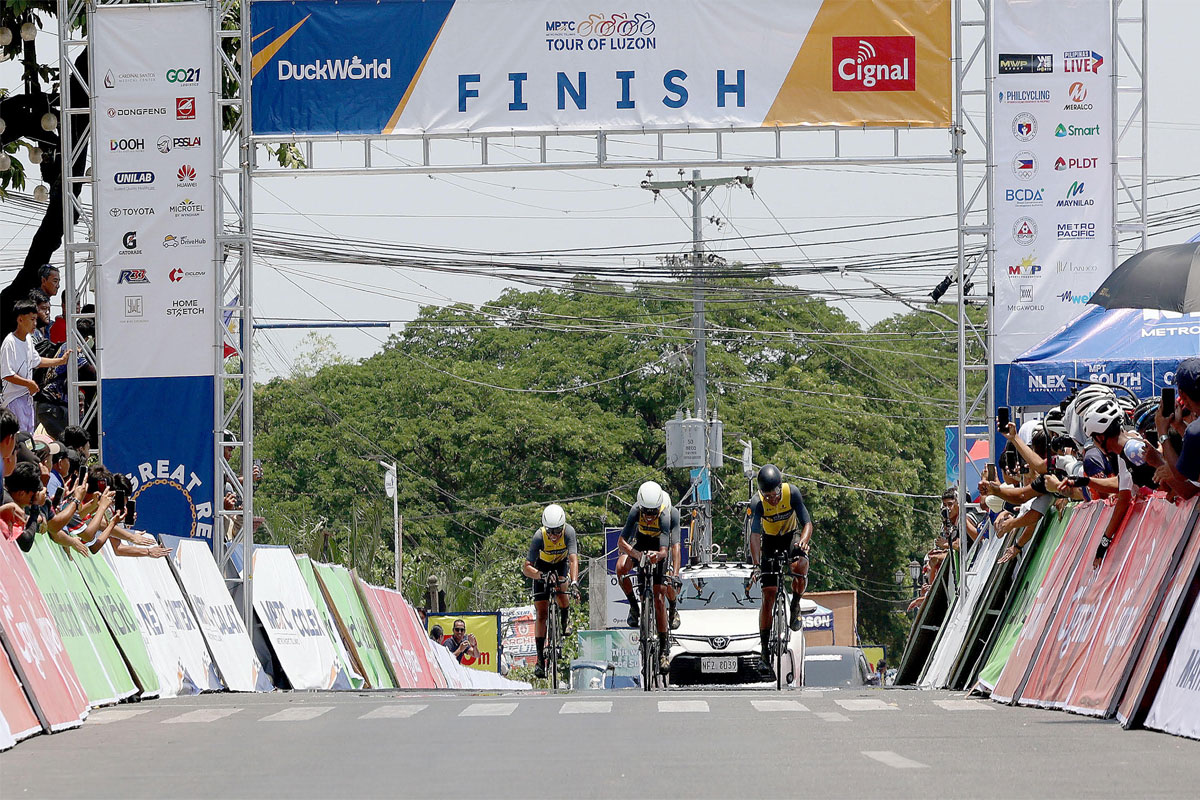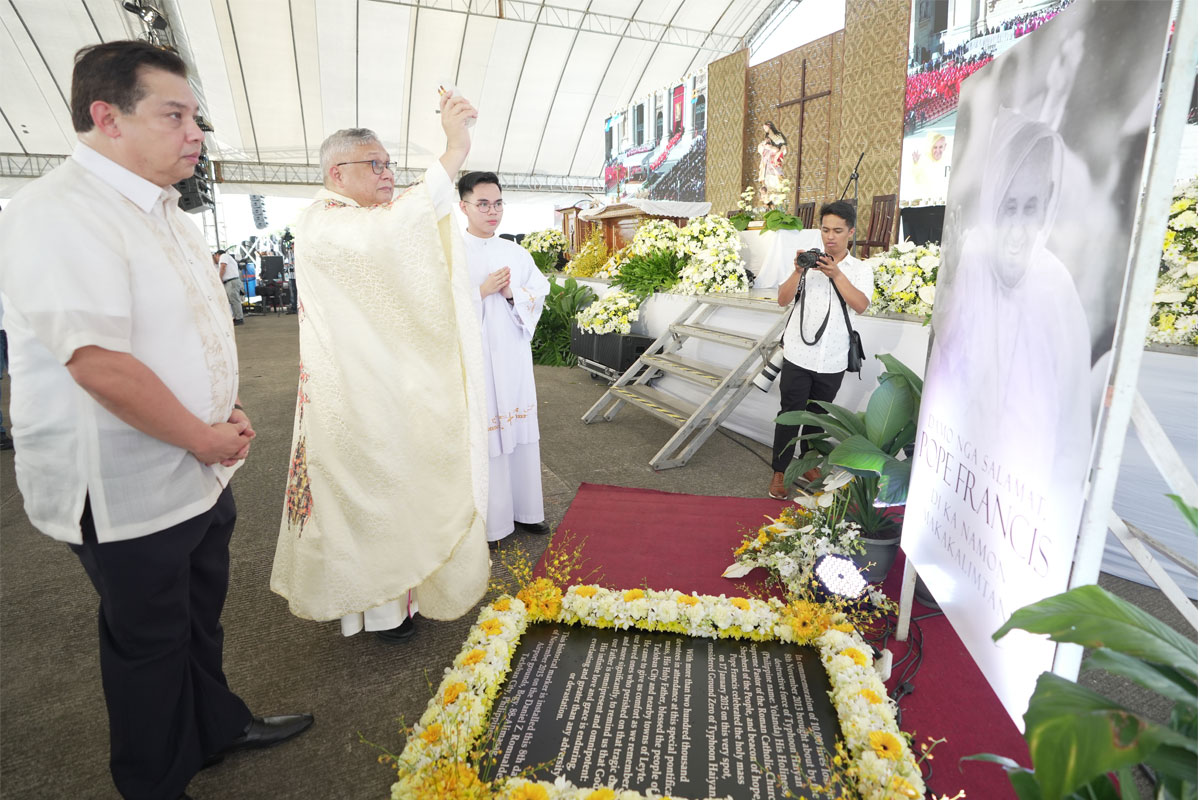
PNP pushing for changes in field training program
 THE Philippine National Police (PNP) headed by General Rodolfo S. Azurin Jr. has sought the help of Congress in coming up with new guidelines when it comes to the training of their Newly-Appointed Police Commissioned Officers and Police Non-Commissioned Officers, the Journal Group learned yesterday, PNP Director for Plans, Major Gen. Bernard M. Banac said they have asked the support of the House of Representatives headed by Speaker Ferdinand Martin T. Romualdez and the Senate headed by Senate President Juan Miguel ‘Migz’ F. Zubiri in their legislative proposal.
THE Philippine National Police (PNP) headed by General Rodolfo S. Azurin Jr. has sought the help of Congress in coming up with new guidelines when it comes to the training of their Newly-Appointed Police Commissioned Officers and Police Non-Commissioned Officers, the Journal Group learned yesterday, PNP Director for Plans, Major Gen. Bernard M. Banac said they have asked the support of the House of Representatives headed by Speaker Ferdinand Martin T. Romualdez and the Senate headed by Senate President Juan Miguel ‘Migz’ F. Zubiri in their legislative proposal.
As proposed by the PNP Directorate for Human Resource and Doctrine Development headed by Maj. Gen. Jon A. Arnaldo, the PNP is seeking an amendment to Section 19 of Republic Act 8551 or the PNP Reform and Reorganization Act of 1998.
Section 19 of RA 8551 says that “All uniformed members of the PNP shall undergo a Field Training Program for twelve (12) months involving actual experience and assignment in patrol, traffic, and investigation as a requirement for permanency of their appointment.”
However, as proposed by the PNP-DHRDD, the “Field Training Program for Police Trainees shall consist of the following: six (6) months academic phase (Basic Recruit Course for Newly-Appointed Police Non-Commissioned Officers and Officers Basic Course for Newly Appointed Police Commissioned Officers or NAPCOs via Lateral Entry.’
The PNP-DHRDD proposal also says that there should be a “six (6) months Field Training Exercise or FTX for the concerned policemen involving actual experience and assignment in patrol, traffic and investigation in the police stations as active observers and passive performers.”
The Field Training Program provides comprehensive guidelines and structured learning content to facilitate newly-assigned police officers transitioning from an academic setting to field training where they gain hands-on experience to form the foundation of their career.
The training program is designed to equip and develop the PNP recruits with the knowledge, attitudes, skills, habits and values required for a law enforcement officer.
In short, they are designed to expose trainees and new recruits to the police community and actual police work. Field training officers or Supervisors are responsible for training newly-hired police officers. They are given the mission to produce competent, skilled and dedicated policemen who are capable of working in an assigned area.
At present, the PNP Mandatory Training are the following: PSOAC or Public Safety Officer Advance Course for majors up to lieutenant colonels; PSOBC or Public Safety Officer Basic Course for captains; PSJLC or Public Safety Junior Leadership Course for police master sergeants and police senior master sergeants; and Pre-Service Training Course and In-Service for applicants to the rank of patrolman/patrolwoman.
This year, the PNP will be recruiting a total of 6,000 patrolman/patrolwoman who will be distributed per region upon determination by the National Police Commission. Of the number, 1,000 will be hired under the regular recruitment quota while 5,000 will be for attrition recruitment.
Colonel Jeanne B. Panisan of the PNP Recruitment and Selection Unit said the Comprehensive Online Recruitment Encrypting System or CORES Portal is now open for eligible male and female PNP applicants for the 2023 Regular and Attrition Recruitment Program.
The successful applicants will have the rank of patrolman/patrolwoman with a monthly base pay of P29,668.
The quota of applicants will be distributed to the 17 Police Regional Offices and other PNP national operational and administrative support units.
The application can be processed through the PNP Online Recruitment Application System or PNP ORAS with the tentative date of online application set in the 3rd week of February 2023.
Officials have asked applicants to access the application link https://app.corps/pnprsscom/signup immediately because it is a ‘first come-first save-basis system.
Applicants have been reminded of the following: they should have the maximum Body Mass Index or BMI passing value of 26.5; must meet the following minimum standard for the Physical Agility Test which is 35 sit-ups and 35 push-ups, all in one minute for males and 25 sit-ups and 25 push-ups for females in one-minute.
Male applicants must also finish a three-kilometer run within 19 minutes while female must pass the same test within 21 minutes.
All eligible professionals including medical practitioners have been encouraged by the PNP leadership to join the force and be able to ‘serve and protect.’
Initial requirements include the following: Notarized Civil Service Commission and PNP Personal Data Sheet (handwritten); Philippine Statistics Authority-issued Birth Certificate of Patrolman/Patrolwoman Applicant and Family Documents for issuance of Certificate of Declared Beneficiary;
Computerized Affidavit of Confirmation; PSA-issued Advisory on Marriage of PNP personnel; PSA-issued Advisory on Marriage of Spouse; PSA-issued Marriage Contact; PSA-issued Birth Certificate of Dependents; PSA-issued Certificate of Non-Marriage or CENOMAR;
Affidavit of Undertaking regarding Incontestability of Declared Birth Date; Educational Background including College Diploma and Transcript of Record, General Weighted Average, Good Moral Character from school last attended;
Eligibility from the Napolcom/CSC/Professional Regulations Commission; Authenticated clearances from the National Police Clearance, Barangay, Mayor/ADHOC Committee Recommendation; Prosecutor/Fiscal; Metropolitan Trial Court/Regional Trial Court; National Bureau of Investigation; Service Record for previous employment on the government service if any; Tax Identification Number; and whole body picture , a bust-size picture and 2X2 colored pictures with name tag.






















